×
Categories
Rodeo Vegas 2025/2026
Experience the pinnacle of rodeo excellence at the NFR, hosted in the iconic Thomas & Mack Center. This premier event, organized by the Professional Rodeo Cowboys Association, showcases the finest talents in the rodeo world. Fans who enjoy thrilling bullriding action should check out the Professional Bull Riders (PBR) event held at the T-Mobile Arena. It’s an opportunity to witness notch professional bull riding, on an international stage. Secure the best vantage points with our selection of prime seating options. Get verified tickets for your rodeo experience in Vegas. Don’t let this opportunity to witness rodeo history slip through your fingers.
Contents
Schedule & Tickets
List Of All Rodeos
Las Vegas Rodeo
Schedule & Tickets 2025
Upcoming Events: 15
-
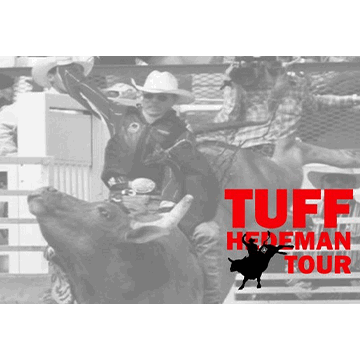 Mar1520257:00 PMSat89193, 9777 Las Vegas Blvd South, Las Vegas, NV, USPrices from $44TicketsAvg. price ~ $69Available Tickets: 383
Mar1520257:00 PMSat89193, 9777 Las Vegas Blvd South, Las Vegas, NV, USPrices from $44TicketsAvg. price ~ $69Available Tickets: 383 -
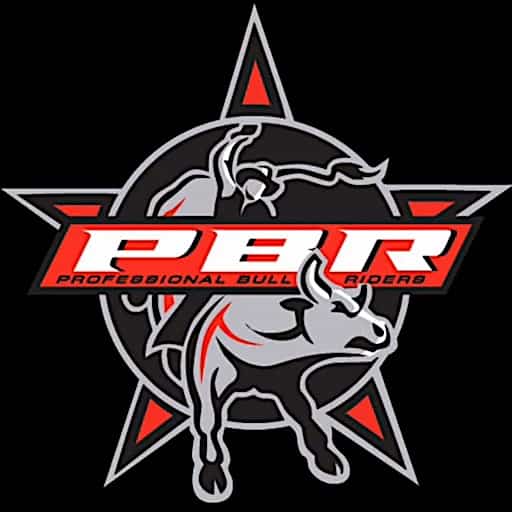 Oct2420253:30 AMFriPBR: Camping World Team Series - 3 Day PassT-Mobile Arena | Capacity: 2000089158, 3780 Las Vegas Blvd. South, Las Vegas, NV, USPrices from $670TicketsAvg. price ~ $105828 tickets remaining!
Oct2420253:30 AMFriPBR: Camping World Team Series - 3 Day PassT-Mobile Arena | Capacity: 2000089158, 3780 Las Vegas Blvd. South, Las Vegas, NV, USPrices from $670TicketsAvg. price ~ $105828 tickets remaining! -
 Oct2420256:45 PMFriT-Mobile Arena | Capacity: 2000089158, 3780 Las Vegas Blvd. South, Las Vegas, NV, USPrices from $65TicketsAvg. price ~ $195Available Tickets: 503
Oct2420256:45 PMFriT-Mobile Arena | Capacity: 2000089158, 3780 Las Vegas Blvd. South, Las Vegas, NV, USPrices from $65TicketsAvg. price ~ $195Available Tickets: 503 -
 Oct2520255:45 PMSatT-Mobile Arena | Capacity: 2000089158, 3780 Las Vegas Blvd. South, Las Vegas, NV, USPrices from $70TicketsAvg. price ~ $210Available Tickets: 600
Oct2520255:45 PMSatT-Mobile Arena | Capacity: 2000089158, 3780 Las Vegas Blvd. South, Las Vegas, NV, USPrices from $70TicketsAvg. price ~ $210Available Tickets: 600 -
 Oct26202512:00 PMSunT-Mobile Arena | Capacity: 2000089158, 3780 Las Vegas Blvd. South, Las Vegas, NV, USPrices from $79TicketsAvg. price ~ $224Available Tickets: 418
Oct26202512:00 PMSunT-Mobile Arena | Capacity: 2000089158, 3780 Las Vegas Blvd. South, Las Vegas, NV, USPrices from $79TicketsAvg. price ~ $224Available Tickets: 418 -
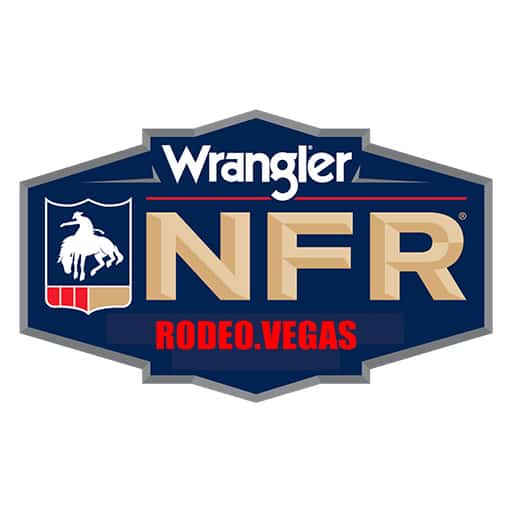 Dec0420255:45 PMThuThomas & Mack Center | Capacity: 1800089154, 4505 S. Maryland Parkway, Las Vegas, NV, USPrices from $123TicketsAvg. price ~ $807Available Tickets: 146
Dec0420255:45 PMThuThomas & Mack Center | Capacity: 1800089154, 4505 S. Maryland Parkway, Las Vegas, NV, USPrices from $123TicketsAvg. price ~ $807Available Tickets: 146 -
 Dec0520255:45 PMFriThomas & Mack Center | Capacity: 1800089154, 4505 S. Maryland Parkway, Las Vegas, NV, USPrices from $132TicketsAvg. price ~ $928Available Tickets: 134
Dec0520255:45 PMFriThomas & Mack Center | Capacity: 1800089154, 4505 S. Maryland Parkway, Las Vegas, NV, USPrices from $132TicketsAvg. price ~ $928Available Tickets: 134 -
 Dec0620255:45 PMSatThomas & Mack Center | Capacity: 1800089154, 4505 S. Maryland Parkway, Las Vegas, NV, USPrices from $132TicketsAvg. price ~ $895Available Tickets: 138
Dec0620255:45 PMSatThomas & Mack Center | Capacity: 1800089154, 4505 S. Maryland Parkway, Las Vegas, NV, USPrices from $132TicketsAvg. price ~ $895Available Tickets: 138 -
 Dec0720255:45 PMSunThomas & Mack Center | Capacity: 1800089154, 4505 S. Maryland Parkway, Las Vegas, NV, USPrices from $119TicketsAvg. price ~ $868Available Tickets: 126
Dec0720255:45 PMSunThomas & Mack Center | Capacity: 1800089154, 4505 S. Maryland Parkway, Las Vegas, NV, USPrices from $119TicketsAvg. price ~ $868Available Tickets: 126 -
 Dec0820255:45 PMMonThomas & Mack Center | Capacity: 1800089154, 4505 S. Maryland Parkway, Las Vegas, NV, USPrices from $119TicketsAvg. price ~ $906Available Tickets: 118
Dec0820255:45 PMMonThomas & Mack Center | Capacity: 1800089154, 4505 S. Maryland Parkway, Las Vegas, NV, USPrices from $119TicketsAvg. price ~ $906Available Tickets: 118 -
 Dec0920255:45 PMTueThomas & Mack Center | Capacity: 1800089154, 4505 S. Maryland Parkway, Las Vegas, NV, USPrices from $126TicketsAvg. price ~ $910Available Tickets: 123
Dec0920255:45 PMTueThomas & Mack Center | Capacity: 1800089154, 4505 S. Maryland Parkway, Las Vegas, NV, USPrices from $126TicketsAvg. price ~ $910Available Tickets: 123 -
 Dec1020255:45 PMWedThomas & Mack Center | Capacity: 1800089154, 4505 S. Maryland Parkway, Las Vegas, NV, USPrices from $132TicketsAvg. price ~ $870Available Tickets: 134
Dec1020255:45 PMWedThomas & Mack Center | Capacity: 1800089154, 4505 S. Maryland Parkway, Las Vegas, NV, USPrices from $132TicketsAvg. price ~ $870Available Tickets: 134 -
 Dec1120255:45 PMThuThomas & Mack Center | Capacity: 1800089154, 4505 S. Maryland Parkway, Las Vegas, NV, USPrices from $136TicketsAvg. price ~ $867Available Tickets: 126
Dec1120255:45 PMThuThomas & Mack Center | Capacity: 1800089154, 4505 S. Maryland Parkway, Las Vegas, NV, USPrices from $136TicketsAvg. price ~ $867Available Tickets: 126 -
 Dec1220255:45 PMFriThomas & Mack Center | Capacity: 1800089154, 4505 S. Maryland Parkway, Las Vegas, NV, USPrices from $137TicketsAvg. price ~ $955Available Tickets: 124
Dec1220255:45 PMFriThomas & Mack Center | Capacity: 1800089154, 4505 S. Maryland Parkway, Las Vegas, NV, USPrices from $137TicketsAvg. price ~ $955Available Tickets: 124 -
 Dec1320255:45 PMSatThomas & Mack Center | Capacity: 1800089154, 4505 S. Maryland Parkway, Las Vegas, NV, USPrices from $137TicketsAvg. price ~ $1156Available Tickets: 108
Dec1320255:45 PMSatThomas & Mack Center | Capacity: 1800089154, 4505 S. Maryland Parkway, Las Vegas, NV, USPrices from $137TicketsAvg. price ~ $1156Available Tickets: 108
Rodeo Experiences

International Finals Rodeo
Rodeos: 3
Lazy E Arena
Jan 17, 2025 7:30 PM 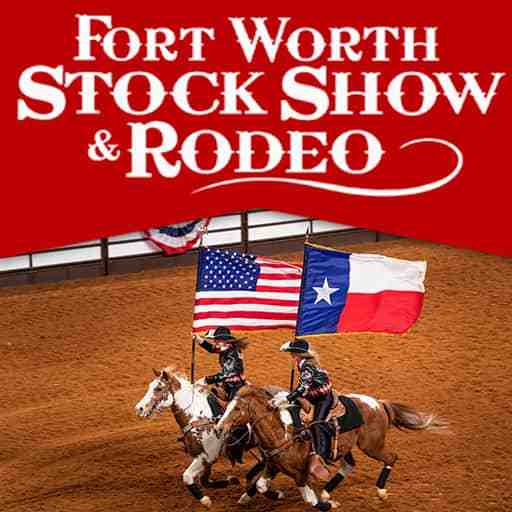
Fort Worth Stock Show and Rodeo
Rodeos: 25
Dickies Arena
Jan 17, 2025 7:30 PM 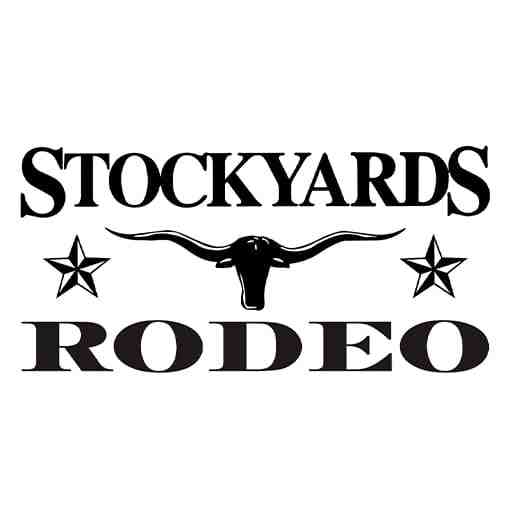
Stockyards Championship Rodeo
Rodeos: 43
Cowtown Coliseum
Jan 17, 2025 7:30 PM 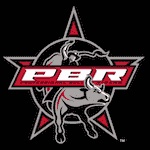
PBR - Unleash The Beast
Rodeos: 44
Toyota Center - TX
Jan 17, 2025 7:45 PM 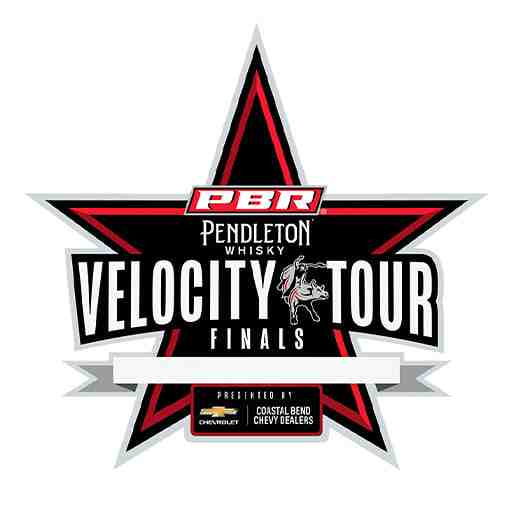
Pendleton Whisky Velocity Tour
Rodeos: 51
Charleston Coliseum & Convention Center - Charleston
Jan 17, 2025 8:00 PM 
PBR - Professional Bull Riders
Rodeos: 146
Charleston Coliseum & Convention Center - Charleston
Jan 17, 2025 8:00 PM 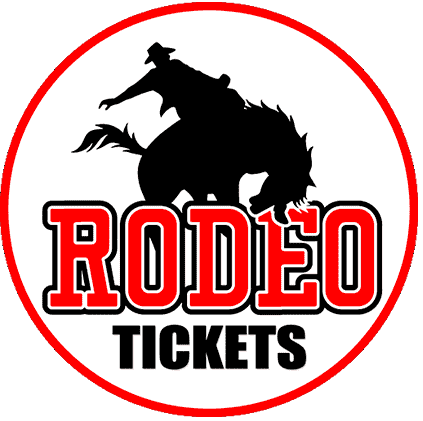
PBR Bull Riding
Rodeos: 52
Charleston Coliseum & Convention Center - Charleston
Jan 17, 2025 8:00 PM 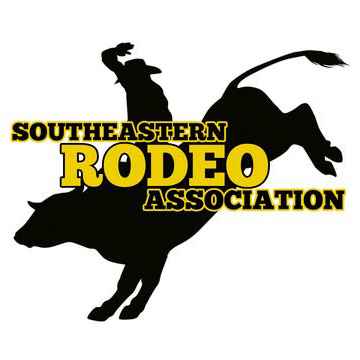
Pro Rodeo
Rodeos: 18
Denver Coliseum
Jan 18, 2025 11:00 AM 
Rodeo of The Mid-South
Rodeos: 2
Landers Center
Jan 18, 2025 2:00 PM 
Wild West Show - Rodeo
Rodeos: 2
Events Center at National Western Complex
Jan 18, 2025 5:00 PM 
Bulls, Bands And Barrels
Rodeos: 10
Marshall Health Network Arena
Jan 18, 2025 6:30 PM 
Rodeo Columbus
Rodeos: 1
Columbus Civic Center
Jan 18, 2025 7:30 PM 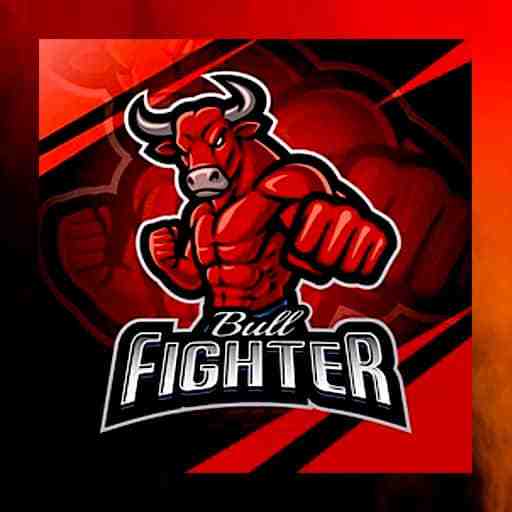
Ultimate Bullfighters
Rodeos: 13
Cowtown Coliseum
Jan 19, 2025 2:30 PM 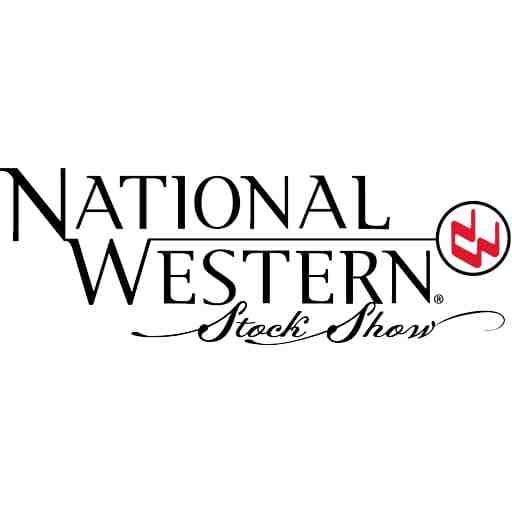
MLK Jr. African-American Heritage Rodeo
Rodeos: 1
Denver Coliseum
Jan 20, 2025 6:00 PM 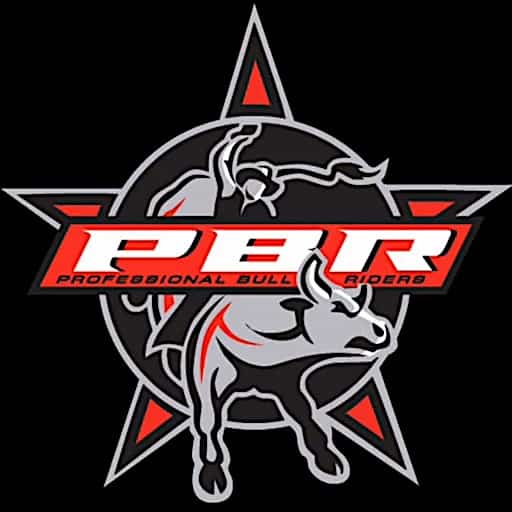
PBR Stockyards Showcase
Rodeos: 2
Cowtown Coliseum
Jan 23, 2025 7:30 PM 
Helzapoppin
Rodeos: 3
Buckeye Equestrian & Events Center
Jan 24, 2025 7:00 PM 
Peace River Pro Rodeo Classic
Rodeos: 2
Hardee County Cattleman's Arena
Jan 24, 2025 7:00 PM 
Mustang Magic Horses And Horsemen of the World
Rodeos: 1
Will Rogers Coliseum
Jan 24, 2025 7:00 PM 
Battle By The River Rodeo
Rodeos: 2
Xtream Arena
Jan 24, 2025 7:30 PM 
Lone Star Rodeo
Rodeos: 36
Wicomico Civic Center
Jan 24, 2025 7:30 PM 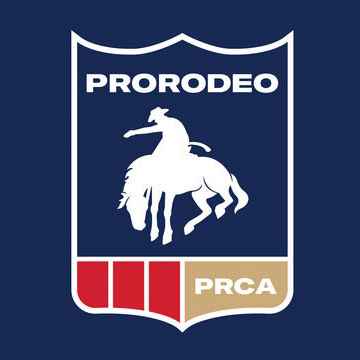
PRCA Championship Rodeo
Rodeos: 7
Park City Arena
Jan 24, 2025 7:30 PM 
Oklahoma City Pro Rodeo
Rodeos: 4
Jim Norick Arena
Jan 24, 2025 7:30 PM 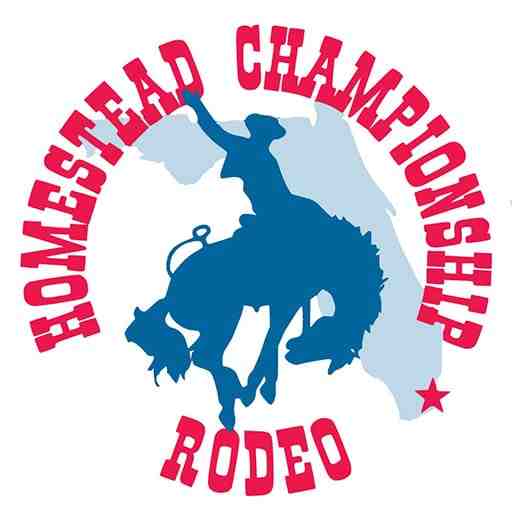
Homestead Championship Rodeo
Rodeos: 3
Harris Field Doc Demilly Rodeo Arena
Jan 24, 2025 8:00 PM 
FWSSR Mustang Magic Top 10 Freestyle Finals
Rodeos: 1
Will Rogers Coliseum
Jan 25, 2025 6:00 PM 
Tuff Hedeman Bull Riding
Rodeos: 2
Lea County Event Center
Jan 25, 2025 6:30 PM 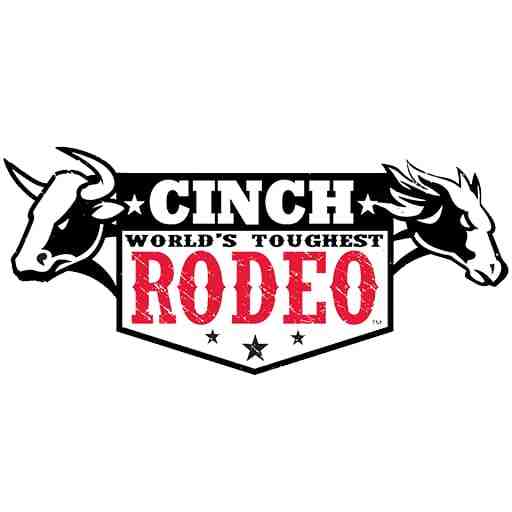
Cinch World's Toughest Rodeo
Rodeos: 16
Lenovo Center
Jan 26, 2025 3:00 PM 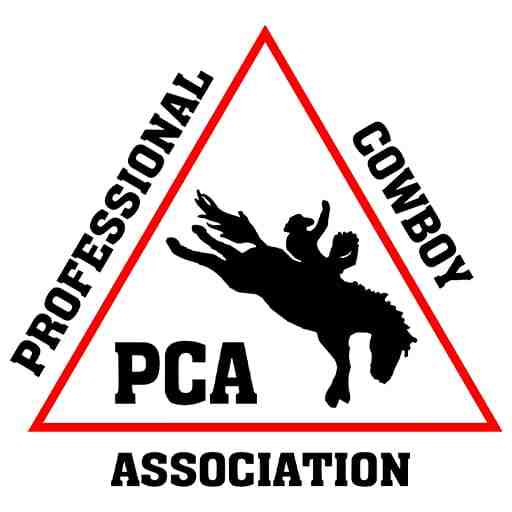
PCA Finals Rodeo
Rodeos: 5
Mississippi Coast Coliseum
Jan 30, 2025 7:00 PM 
Southwest District Rodeo
Rodeos: 4
Burton Memorial Coliseum Complex
Jan 30, 2025 7:30 PM 
PCA Learning Rodeo
Rodeos: 1
Mississippi Coast Coliseum
Jan 31, 2025 10:00 AM 
Rodeo Rapid City
Rodeos: 10
Summit Arena at The Monument
Jan 31, 2025 7:30 PM 
BRI National Finals
Rodeos: 2
Muskogee Civic Center
Jan 31, 2025 8:00 PM 
PBR Red Deer Classic
Rodeos: 1
Peavey Mart Centrium
Feb 1, 2025 7:00 PM 
Northeast Mississippi Championship Rodeo
Rodeos: 1
Cadence Bank Arena
Feb 1, 2025 7:30 PM 
Professional Championship Bull Riders
Rodeos: 4
NOW Arena
Feb 1, 2025 7:30 PM 
Ranch Rodeo
Rodeos: 4
Central States Fair - Grandstand Arena
Feb 4, 2025 10:00 AM 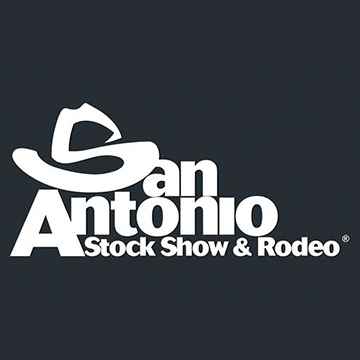
San Antonio Stock Show and Rodeo
Rodeos: 22
Frost Bank Center
Feb 6, 2025 7:00 PM 
Yuma Silver Spur Rodeo
Rodeos: 3
Yuma County Fairgrounds - AZ
Feb 7, 2025 4:00 PM 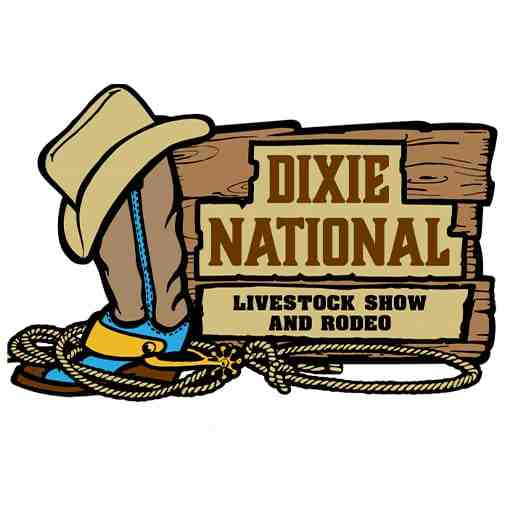
Dixie National Rodeo
Rodeos: 9
Mississippi Coliseum
Feb 7, 2025 7:00 PM 
Florence Stampede & Pro Rodeo
Rodeos: 2
Florence Civic Center
Feb 7, 2025 7:00 PM 
Conley Invitational Bull Riding
Rodeos: 2
Manatee County Fairgrounds
Feb 7, 2025 7:00 PM
Show More